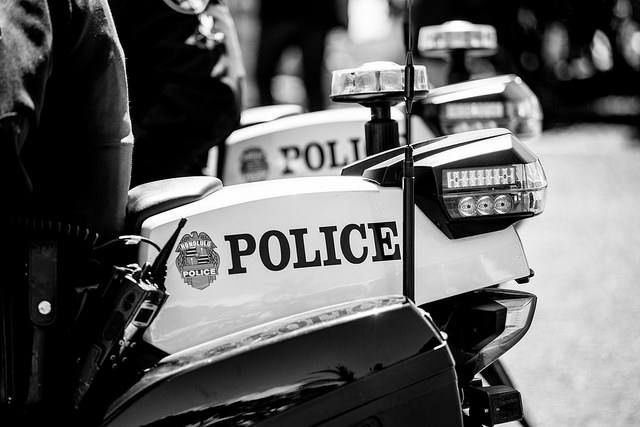Aggregated News

Bioethicists studying a small program in Dallas were surprised by what they found.
Sara Katsanis, a bioethicist at Duke University, studies the complications that arise when DNA databases are used to combat crime, especially human trafficking. If a child is kidnapped and illegally placed into adoption, for example, DNA is a reliable constant for identification. From this work, she is familiar with the ethical questions that come up when a victim is asked to give up their DNA to a database.
But even so—or perhaps, especially—she was surprised to hear of a program initiated by Dallas law enforcement to collect DNA from truck-stop sex workers to solve hypothetical future crimes. The pitch was unusual and, honestly, grim. Sex workers are more likely to be victims of murder, 60 to 100 times than other women, according to some estimates. In Dallas, police were worried about unidentifiable dead bodies that turned up by the side of the highway. (The FBI has warned about serial killers working as truck drivers.) Voluntarily give a DNA sample now, the program promised, and if...



